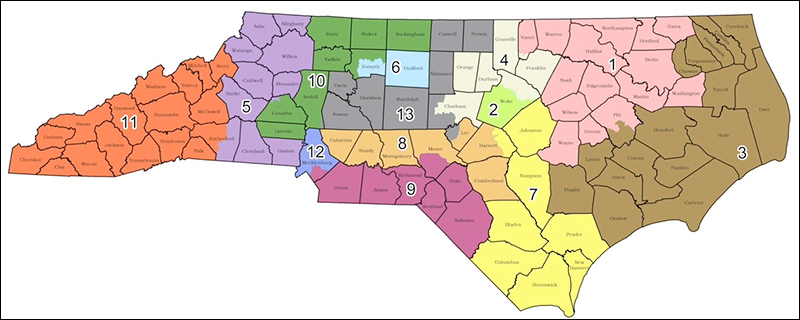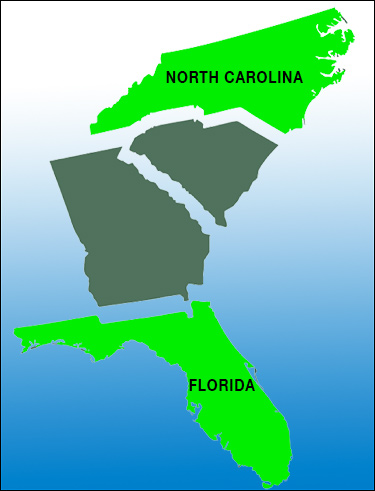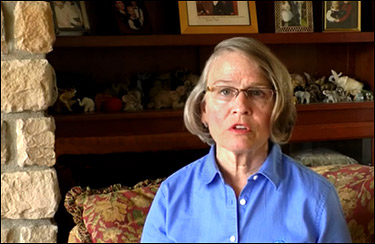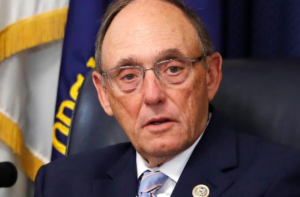
Former Gov. Pat McCrory (R-NC) – on thin ice in Senate bid? / Photo by Hal Goodtree, Flickr
Jan. 17, 2022 — The North Carolina Senate candidates have dealt with more uncertainty than any other set of statewide political contenders in this election cycle. Some of the questions have now been answered, but others remain.
Due to the continuing congressional and state legislative redistricting legal battles that have hampered the state for virtually the entire preceding decade, even the candidate filing date and the primary schedule itself were in doubt until the courts finally set a political calendar.
In order to be more relevant for the 2020 presidential election, the legislature moved the state’s traditional May primary to early March to better influence the presidential nomination selection. By not taking action to move the primary back to May, it appeared that voters would choose their ’22 nominees on March 8.
In December, the state Supreme Court, after an early flurry of lower court redistricting action, took it upon themselves to transfer the state primary to May 17. They merely suspended the Dec. 17 candidate filing deadline, but did not issue a new date. Earlier this week, as part of its ruling upholding the GOP legislature’s congressional and legislative maps, the special three-judge panel assigned to hear the redistricting challenges set the filing deadline for March 4.
With these basic questions now answered, the candidates finally have a clear electoral timeline in which to work. With the Democrats earlier coming together on a consensus candidate, fireworks are beginning on the Republican side. In mid-December, state Sen. Jeff Jackson (D-Charlotte), thought to be a major US Senate contender, dropped his statewide bid. This makes former state Supreme Court Chief Justice Cheri Beasley an overwhelming favorite for the Democratic nomination.
In the past few days, a pair of Tar Heel State Republican primary Senate polls were released almost simultaneously, with both finding former Gov. Pat McCrory holding an edge over US Rep. Ted Budd (R-Advance). The ex-state chief executive’s advantage isn’t what one would expect for a well known party leader before his own partisan electorate, however. The McCrory campaign released their Strategic Partners Solutions survey (Jan. 5; 800 likely North Carolina Republican primary voters) that gives their man a 30-21-8 percent lead over Rep. Budd and former US Rep. Mark Walker.
The Civitas Institute’s latest Cygnal statewide poll (Jan. 7-9; 600 likely North Carolina Republican primary voters) also found McCrory holding an initial lead, but only through a 24-19 percent spread. Pushing for a decision from the 48 percent who said they were undecided and adding those preferences to the total actually finds Rep. Budd pulling into a small lead, 34-33 percent, when accounting for those who have “definitely” and “probably” made up their minds.





 By Jim Ellis
By Jim Ellis